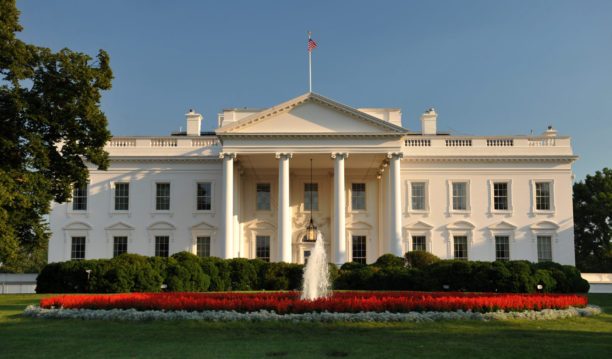Proposal aims to update federal law to address video-based surveillance of U.S. defense sites
Senator Ashley Moody has asked congressional leaders to include her proposed “Drone Espionage Act” in the fiscal year 2026 National Defense Authorization Act. The legislation, introduced earlier this year and led in the House by Representative Jen Kiggans, is designed to update federal espionage law by explicitly prohibiting unauthorized video recordings of national-defense installations. The senator’s office states that this change would close a long-standing legal gap that has limited the government’s ability to prosecute drone-enabled surveillance.
Addressing a Legal Gap
Current federal law, written more than a century ago, criminalizes unauthorized photographs of defense-related sites. The statute does not, however, reference video recordings. Senator Moody’s proposal would update Section 793 of Title 18 of the U.S. Code by adding the term “video” to the list of prohibited imagery types.
According to the senator, the lack of explicit language covering video has made it difficult to pursue charges when drones capture extensive footage of sensitive facilities. In one cited case in the Middle District of Florida, authorities recovered drone video taken over a national-defense site, yet prosecutors were limited to filing charges for still imagery because video was not defined in the statute.
Growing Concerns Around Drone-Enabled Surveillance
The effort to advance the Drone Espionage Act reflects a series of recent incidents in which drones equipped with cameras were used to record sensitive areas around U.S. defense installations. Senator Moody’s announcement highlights a case near Cape Canaveral, where a suspect recorded substantial video footage of a national-defense site. Despite the detailed recordings, the absence of clear legal authority to prosecute video-based espionage limited the available charges.
Another case involved a foreign national in Newport News, Virginia who flew a drone with a camera over a naval shipyard. Earlier incidents at other military facilities also underscore the challenges faced by national-security officials when drones are used as airborne surveillance tools.
Together, these events illustrate how drone-based videography has expanded the potential for unauthorized intelligence collection. Defense officials and prosecutors have argued that modern surveillance capabilities require updated statutory language, noting that current law does not match the speed or sophistication of emerging unmanned aircraft technologies.
Implications for the Drone and Defense Communities
If adopted into the NDAA, the legislation would signal a shift toward more explicit restrictions on drone operations around sensitive installations. Commercial operators, drone service providers, and manufacturers may need to account for stricter boundaries near military sites and consider additional safeguards to prevent unauthorized video capture.
The proposal also reflects a broader trend: drones have become deeply integrated into intelligence, security, and defense discussions. As lawmakers work to modernize legal frameworks, the drone ecosystem—commercial and defense alike—will continue to intersect with national-security policy.
Looking Ahead
Senator Moody’s request urges congressional leadership to include the text of the Drone Espionage Act as the FY 2026 NDAA moves through conference negotiations. If adopted, the next steps would involve implementing guidance, refining enforcement practices, and determining how the updated statute will apply to modern drone operations.
For the U.S. drone industry, monitoring the amendment process will be important as policymakers continue adapting legacy statutes to evolving unmanned systems technology.
Read more:


Miriam McNabb is the Editor-in-Chief of DRONELIFE and CEO of JobForDrones, a professional drone services marketplace, and a fascinated observer of the emerging drone industry and the regulatory environment for drones. Miriam has penned over 3,000 articles focused on the commercial drone space and is an international speaker and recognized figure in the industry. Miriam has a degree from the University of Chicago and over 20 years of experience in high tech sales and marketing for new technologies.
For drone industry consulting or writing, Email Miriam.
TWITTER:@spaldingbarker
Subscribe to DroneLife here.


